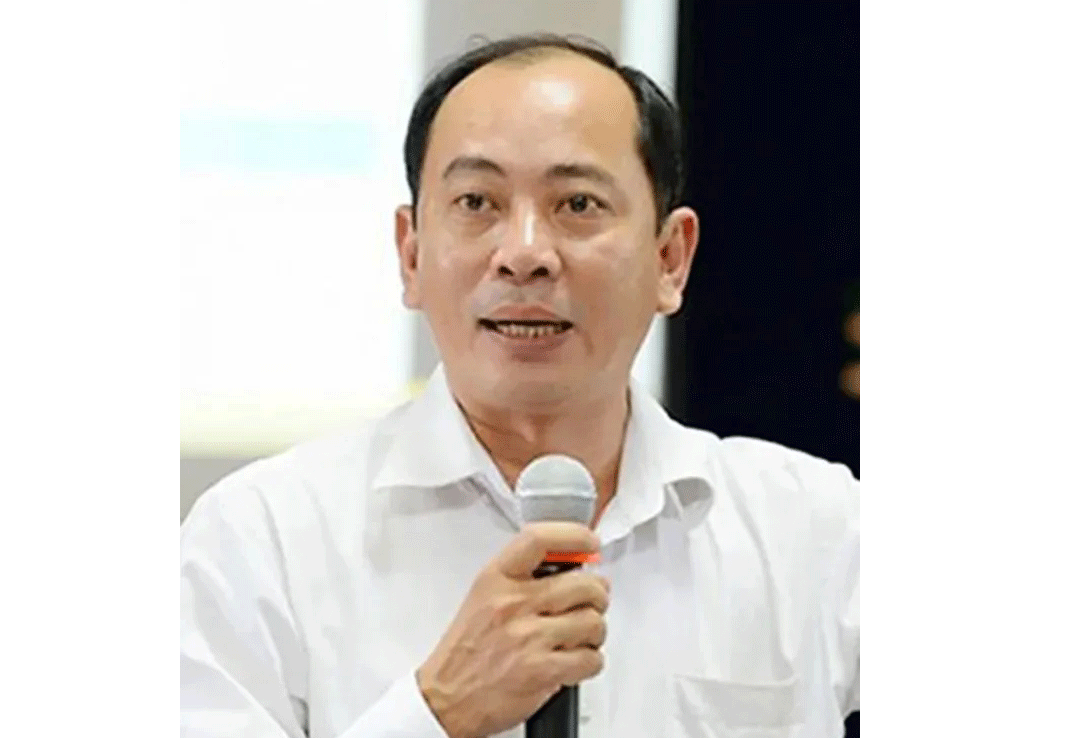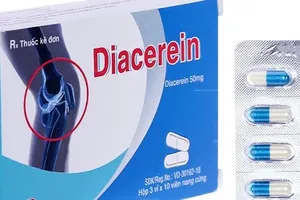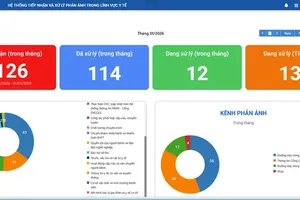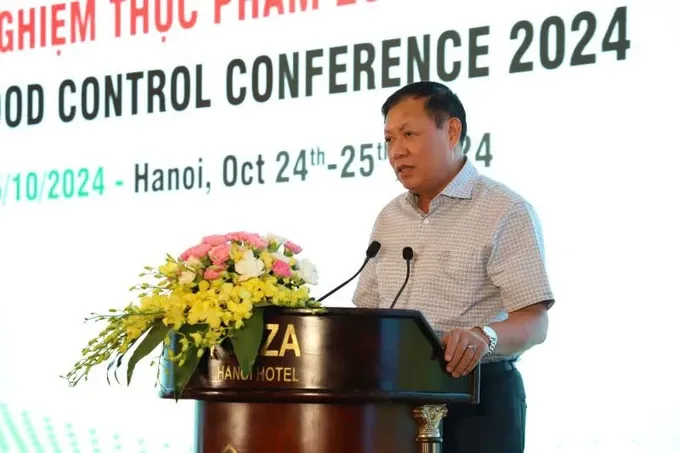
In the conference, Deputy Minister of Health Do Xuan Tuyen shared that at present, his ministry and relevant ministries, state agencies are actively improving their capability on food safety testing for all localities. These efforts involve upgrading technical infrastructure, investing in equipment, transferring technology, and providing specialized training.
The conference served as a platform for scientists, policymakers, and researchers to learn about the latest global trends in food safety management, particularly risk-based approaches.
It also provided an opportunity to discuss advanced testing techniques and develop methods for analyzing complex samples, addressing the growing diversity of food products on the market in order to satisfy the growing requirements of society.
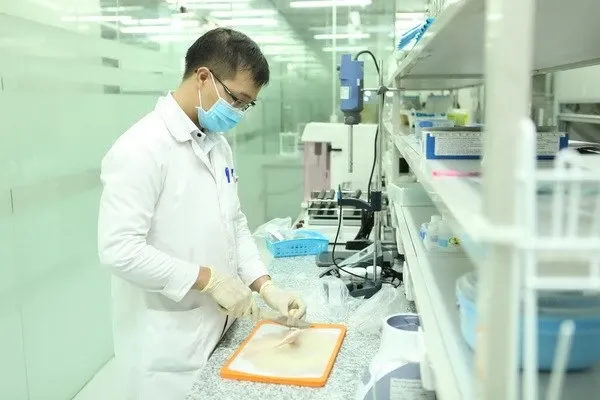
Director Le Thi Hong Hao of the National Institute for Food Control highlighted the need for comprehensive investments in the food testing sector. This includes developing a skilled workforce, building modern infrastructure, and acquiring state-of-the-art equipment to meet the increasing demands of society.
She noted that recent investments have significantly improved the landscape of food testing in Vietnam.
However, she also acknowledged the persistent risks associated with food safety, as evidenced by recent incidents, leading to her emphasis on the importance of conducting thorough risk assessments in addition to investing in advanced and in-depth testing techniques in order to provide scientific evidence for the task of food safety management.
Dr Nguyen Thi Phuc from the WHO's Health Security and Emergencies team in Vietnam presented alarming statistics on the global burden of foodborne diseases.
She noted that an estimated one in ten people fall ill from consuming contaminated food each year, and foodborne diseases are a significant cause of death, particularly among children under five. It is predicted that these diseases have caused 420,000 fatal cases globally, 30 percent of which are children.
















